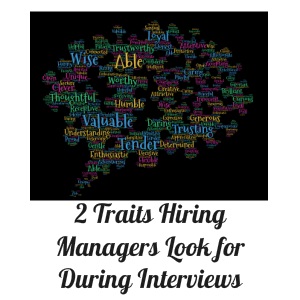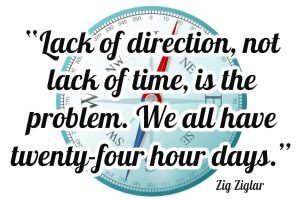We hear a lot about strategic planning these days….but does it work?
Often we hear; my business is doing fine…I got here without a strategic plan…why bother?
The answer; because your competitors are…and they are looking for ways to grow their business…which means taking business away from yours.
Strategic planning is the process of creating a vision of the future, aligning your people, processes, and systems, and creating the necessary steps/goals towards that future. It is like looking at your company and industry from a helicopter to see where it is going, what has changed, and to see if there are other opportunities. Then coming down and setting the direction for your business based on the information.
After you create the vision for your company, you operate under a mission statement which is the short term objectives (1-3 years) to help you achieve your vision.
This process will answers these questions:
- Where are we today?
- Where do we want to be in the future?
- How are we going to get there?
- What is standing in our way?
- Who are our competitors; are they better, why are they better, are we better? etc…
- What helps govern our decisions?
Once these questions have been answered, you can start working towards your objectives.
Now, there are more steps to creating a strategic plan.
Important elements of your plan:
Vision, mission, values, critical goal categories, marketing and sales plan, financial projections, S.M.A.R.T. goals, and follow up.
Each element of your plan takes some time to create. Utilize the talent you have within your company to help you create your plan and to get “buy-in”. You can use other leaders within your company to assign goals to and/or to help track progress.
Every month, week, or at each meeting you should be asking these questions:
- Are we closer or further away from our objectives?
- Are we working towards are most important goals?
- Are we getting closer to or further away from our vision?
- What should we be doing?
- What is our next step?
- What should we not be doing?
- What has changed in our market place that may affect our business?
- Do we need to address that issue?
A good strategic plan will help you (and others in your company) make decisions today based on your long term goals. It will help you take your business to the next level. It is also a means for you to communicate your ideas and your vision to other people who can help you build your business. In addition, the plan helps focus the company, and the people involved, on a direction and helps them commit to making this idea a success.
Need help creating your strategic plan? Call us today!
We would love to hear your comments. Please comment below or contact us today!
Gary Brunson
gary@myclearfocus.com
Debra Rider
debra@myclearfocus.com
574.361.2674
Sustainable Growth & Profit Consultant, Coach, Mentor and Counselor/Therapist for Business Owners and Professional.
Written by our associate Gary Sorrell, Sorrell Associates, LLC. All rights reserved worldwide.



 In the United States today, there are over 80 million millennials.
In the United States today, there are over 80 million millennials. 




 The popularity of assessments has increased in recent years. Luckily for our clients we’ve been researching and validating our assessments with data norming and rigorous data analysis for over three decades.
The popularity of assessments has increased in recent years. Luckily for our clients we’ve been researching and validating our assessments with data norming and rigorous data analysis for over three decades.